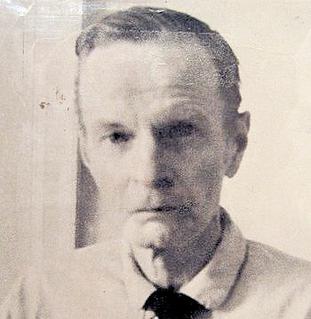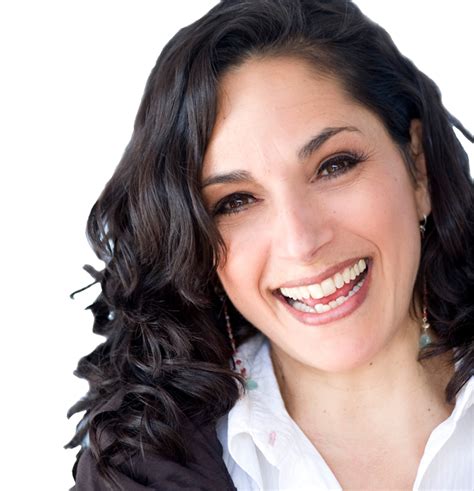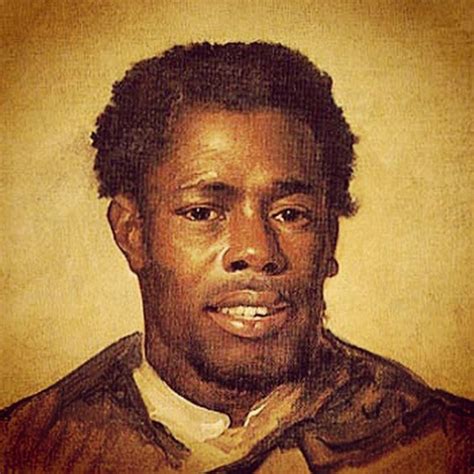A Quote by Julius Lester
To write and not tell the truth? That would be death for any writer. But more, it would be death to the imagination. And if the imagination dies, what would happen to the souls of children?
Related Quotes
Henry Corbin creates the world - most of all his examination of the imagination and what the imagination was for him. Some philosophers would think of the imagination as a synthetic ability, how you put different things together. Artists more think of the imagination as creativity. So I really like the way that he presents the imagination as a faculty that allows one to experience worlds that are not exactly physical but are real nonetheless.
The truth is that the 143 million orphaned children and the 11 million who starve to death or die from preventable diseases and the 8.5 million who work as child slaves, prostitutes, or under other horrific conditions and the 2.3 million who live with HIV add up to 164.8 million needy children. And though at first glance that looks like a big number, 2.1 billion people on this earth proclaim to be Christians. The truth is that if only 8 percent of the Christians would care for one more child, there would not be any statistics left.
I yearn for the darkness. I pray for death. Real death. If I thought that in death I would meet the people I've known in life I don't know what I'd do. That would be the ultimate horror. The ultimate despair. If I had to meet my mother again and start all of that all over, only this time without the prospect of death to look forward to? Well. That would be the final nightmare. Kafka on wheels.
When I got large enough to go to work, while employed I was reflecting on many things that would present themselves to my imagination; and whenever an opportunity occurred of looking at a book, when the school-children were getting their lessons, I would find many things that the fertility of my own imagination had depicted to me before.
The first thing I would like to tell you about death is that there is no bigger lie than death. And yet, death appears to be true. It not only appears to be true but also seems like the cardinal truth of life - it appears as if the whole of life is surrounded by death. Whether we forget about it, or become oblivious to it, everywhere death remains close to us. Death is even closer to us than our own shadow.
If we knew that we would meet the Lord tomorrow - through our premature death or through His unexpected coming - what would we do today? What confessions would we make? What practices would we discontinue? What accounts would we settle? What forgivenesses would we extend? What testimonies would we bear? If we would do those things then, why not now?



































